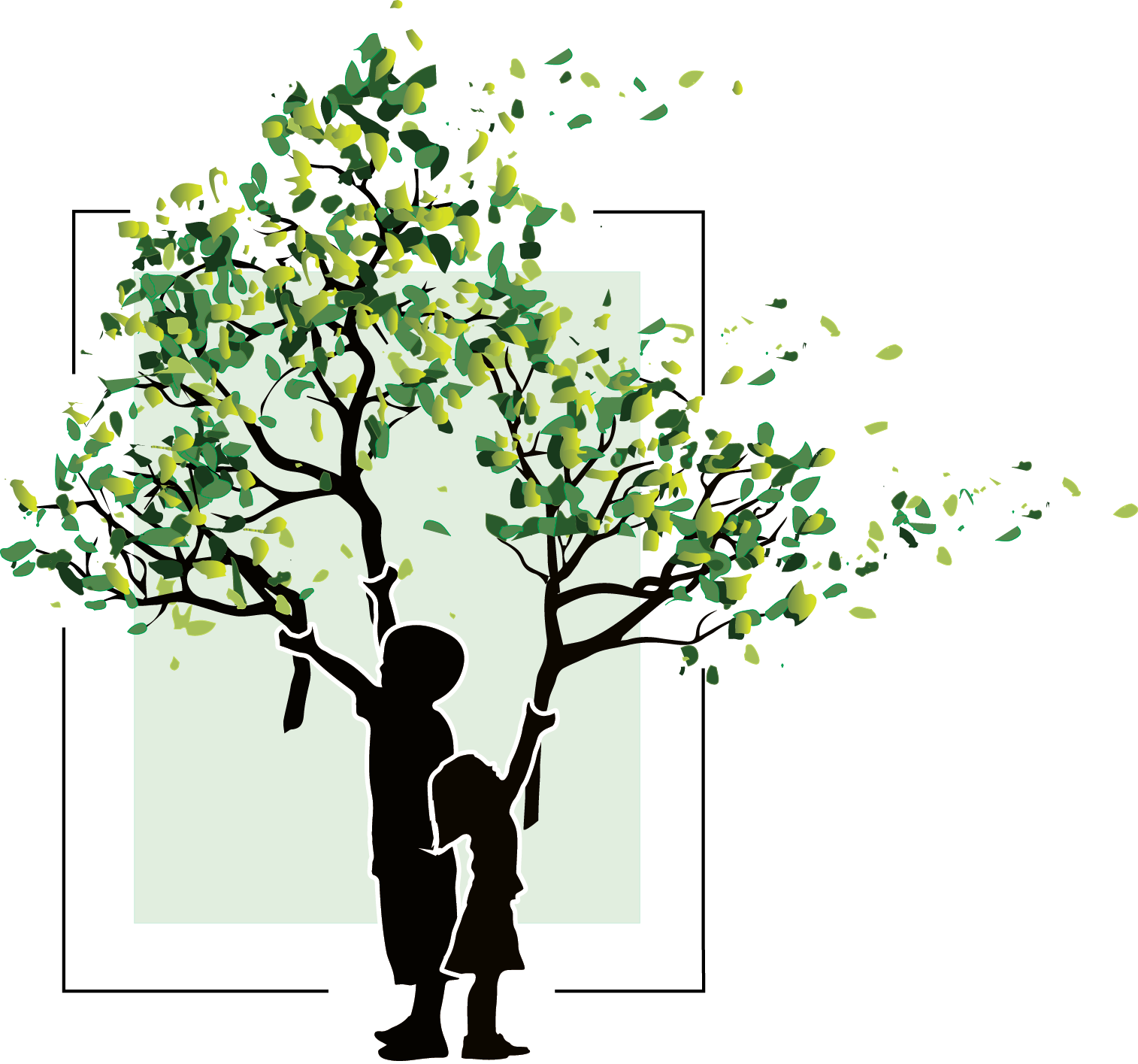Abstract:
OBJECTIVE: Childhood family violence exposure is associated with increased risk for experiencing intimate partner violence (IPV) in adulthood, but the mechanisms underlying this relationship remain inadequately understood. Difficulties with emotion regulation may be one factor that helps to explain this relationship. METHOD: Childhood physical abuse and interparental violence, as well as subsequent IPV experiences, were assessed in a large sample of young adults (N = 670). Several indicators of anger-related dysregulation were also assessed. Structural equation modeling was used to create a latent variable of anger-related dysregulation, which was examined as a potential mediator of the associations between childhood family violence exposure and IPV. RESULTS: Childhood physical abuse and interparental violence were associated with greater physical, sexual, and emotional IPV victimization. Childhood physical abuse and interparental violence were also associated with anger-related dysregulation, which was positively associated with all three types of IPV experiences. Anger-related dysregulation fully mediated the association between witnessing interparental violence and physical IPV. Anger-related dysregulation partially mediated the association between witnessing interparental violence and psychological IPV and the associations of childhood physical abuse with all three forms of IPV. These associations were consistent across gender. CONCLUSIONS: Interventions aimed at reducing IPV risk among survivors of childhood family violence may benefit from including techniques to target anger-related emotion regulation skills.
